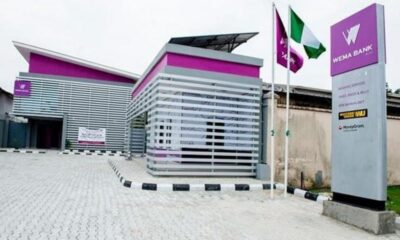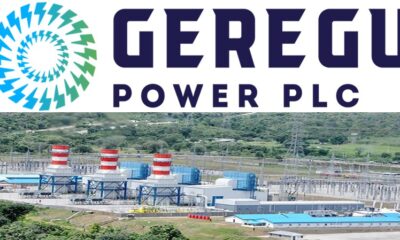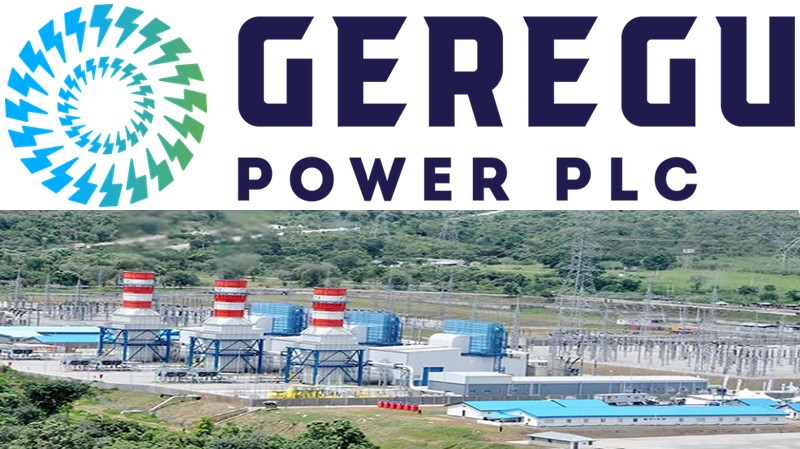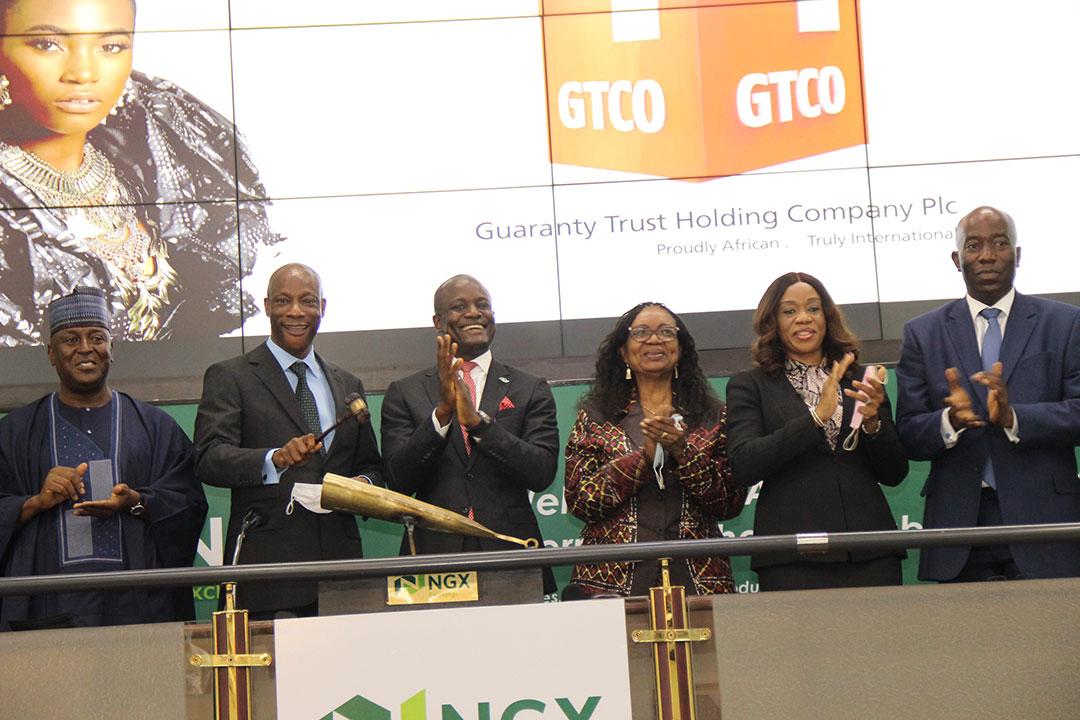Company News
Wema Bank’s profit increases by 41.5% to N12.6 billion in 2022
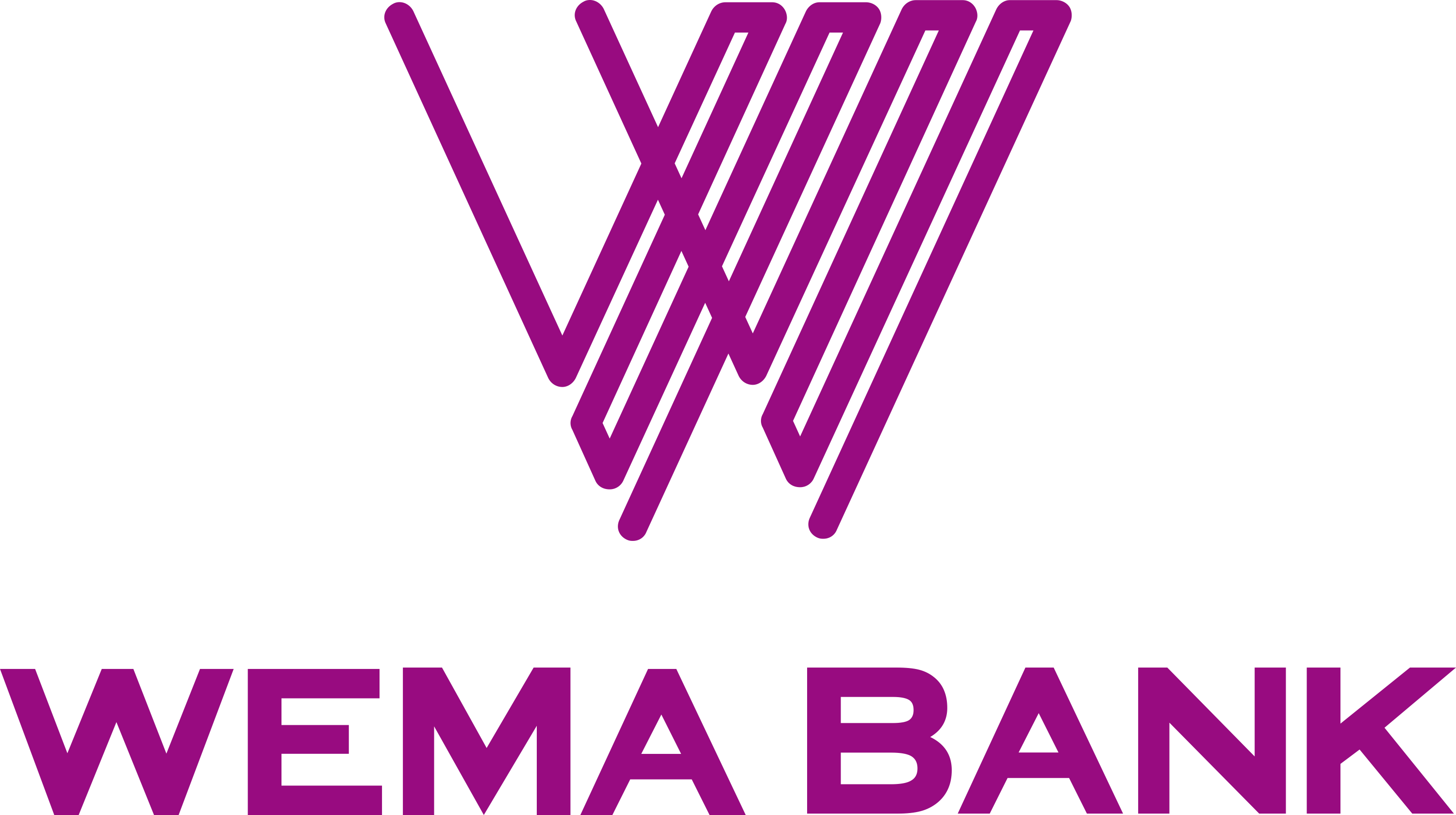
Company News
MicroStrategy Rally Crushes Short Sellers, Wiping Out $1.92 Billion
Company News
Geregu Power Plc Announces N14.46bn Profit in Q1 2024
Company News
Guaranty Trust Holding Company Plc Records N609.3bn Profit Before Tax in 2023
-

 Forex2 weeks ago
Forex2 weeks agoZiG to the Rescue: Zimbabwe Shifts Gear with New Currency Backed by Gold
-



 Naira2 weeks ago
Naira2 weeks agoDollar to Naira Black Market Today, April 9th, 2024
-

 Naira4 weeks ago
Naira4 weeks agoDollar to Naira Exchange Rate at Black Market Today, March 21st, 2024
-

 Billionaire Watch1 week ago
Billionaire Watch1 week agoNigerian Billionaire Tony Elumelu Contemplates Acquiring NPFL Club
-

 Company News4 weeks ago
Company News4 weeks agoNNPC Gears Up for Public Listing, Embraces Full Commercialization
-





 Naira2 weeks ago
Naira2 weeks agoDollar to Naira Black Market Today, April 8th, 2024
-





 Naira1 week ago
Naira1 week agoNaira Hits Eight-Month High at 1,120/$ Amidst Central Bank Reforms
-





 Naira4 weeks ago
Naira4 weeks agoDollar to Naira Black Market Today, March 26th, 2024


